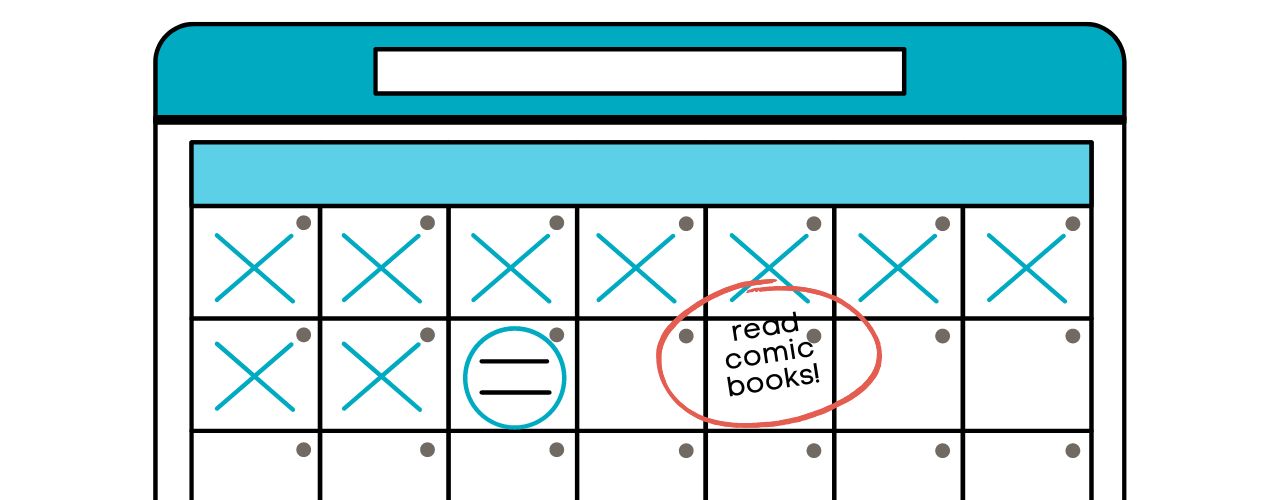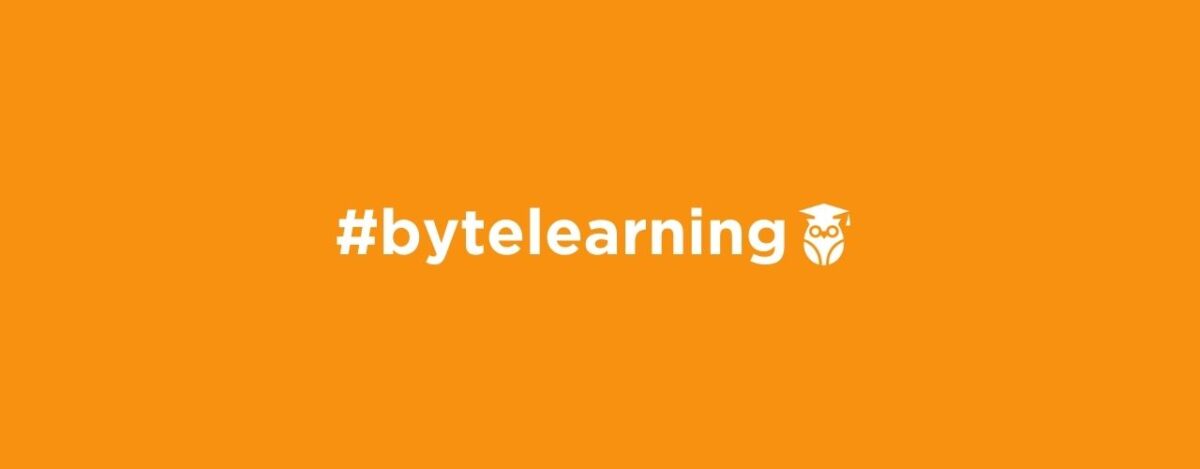Since we are getting close to the end of the year, things are starting to get busy. With exams coming up for students, end of the year reports, or an influx of customers, it can be a very stressful time for a lot of people. The best thing you can do to prevent getting overwhelmed during this time is to take care of yourself. You can do this by checking in on your mental health, resting, and doing activities that bring you joy. Canadian Association for Mental Health (CAMH) has a fantastic infographic “Six Ways to Practice Self-care” which you can find here.
Here are 5 self-care tips that can help you get ahead of your stress:
Eat Healthy & Drink Water
It is important to make time for eating, even if you feel like there’s no time to take a break and finish studying. If you find that it’s difficult to remember to eat at the right times, you can try creating a plan and setting alarms or reminders on your calendar. Drink lots of water and have snacks throughout the day.
Get a Good Sleep
Sleep is necessary when we’re trying to use a lot of brain power. If you find that you do not have enough energy to get you through the day, check in with yourself about how much sleep you’re currently getting and if you could use more. 7-9 hours of sleep is a good amount of time to aim for.
Slow it Down
Take breaks! Your brain needs small breaks throughout the day so that you don’t overwhelm yourself. You could take some time to go for a walk, get a coffee, or listen to music. Believe it or not, it can help you get more work done when you take small breaks throughout the day.
Move Your Body
Sometimes going for a walk or doing a short activity that makes you move around can be beneficial. This can help release endorphins, which can help reduce stress. Even if you don’t feel like going outside, you should try your best to move throughout the day.
Socialize
Talk to your friends, housemates, or family when you can. Sometimes when we feel sad, we isolate ourselves. It can help reduce stress to talk to people you enjoy hanging out with and to surround yourself with your support system however you can.
Try some of these tips if you find yourself struggling to get your school work done, complete projects, and can’t seem to find time to relax. From exam season to the holidays, this can be an incredibly stressful time.












